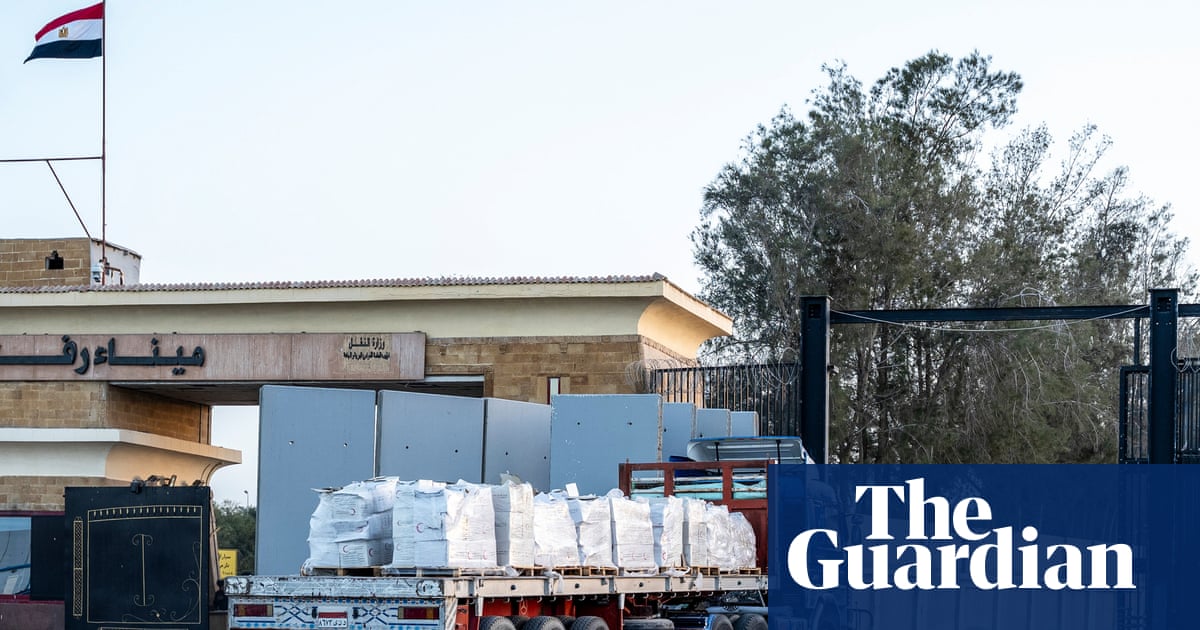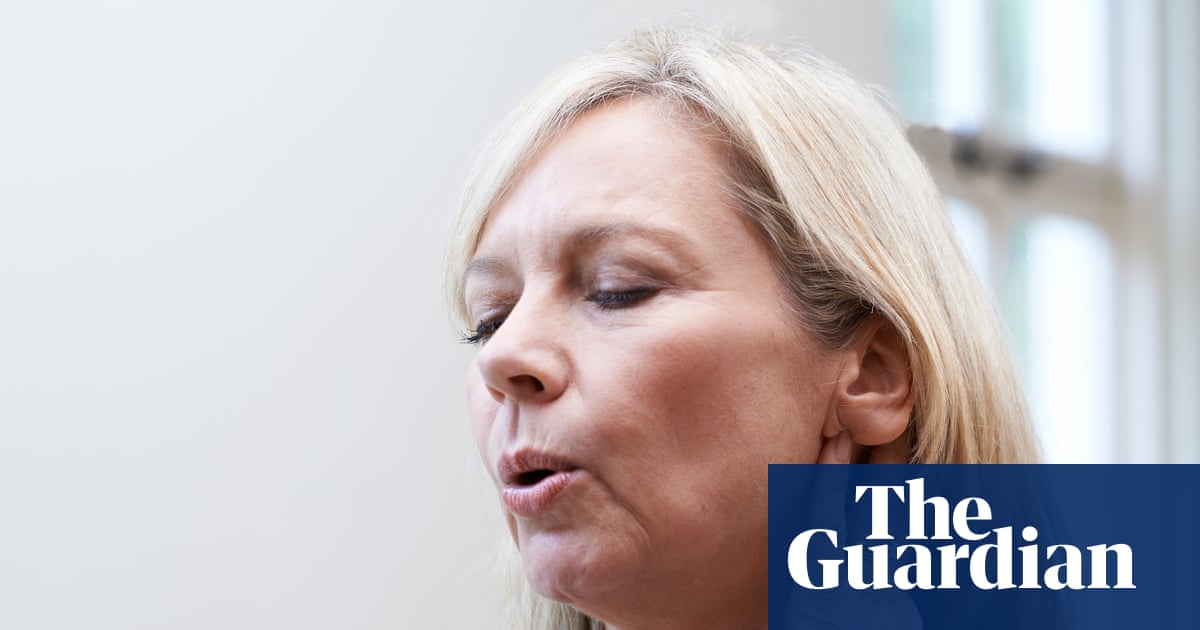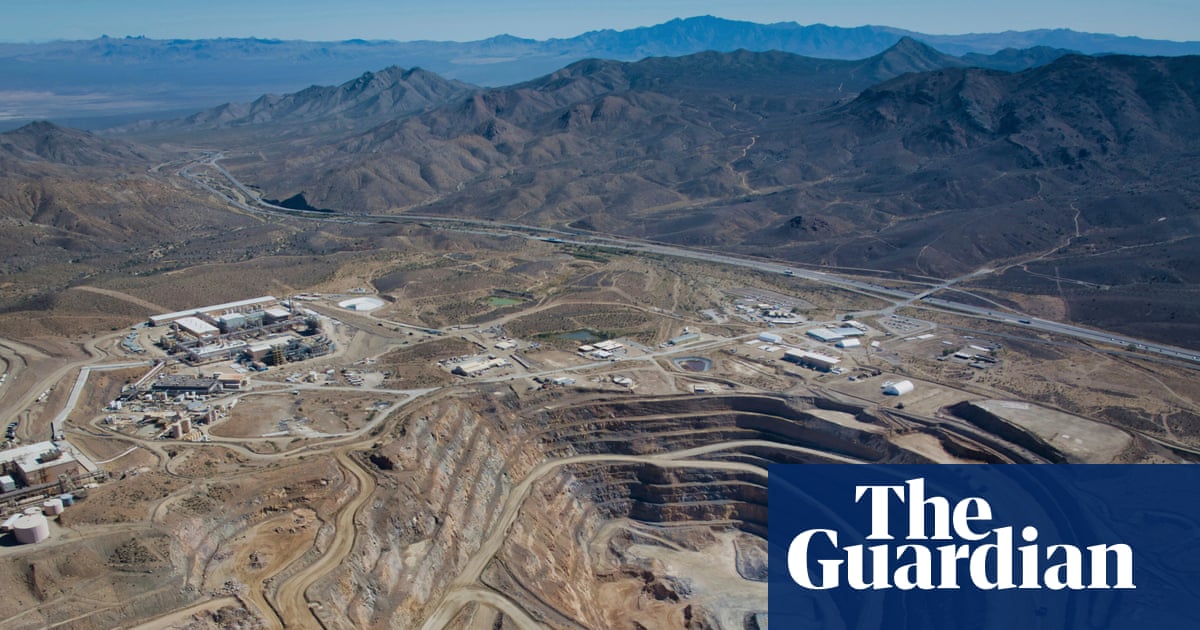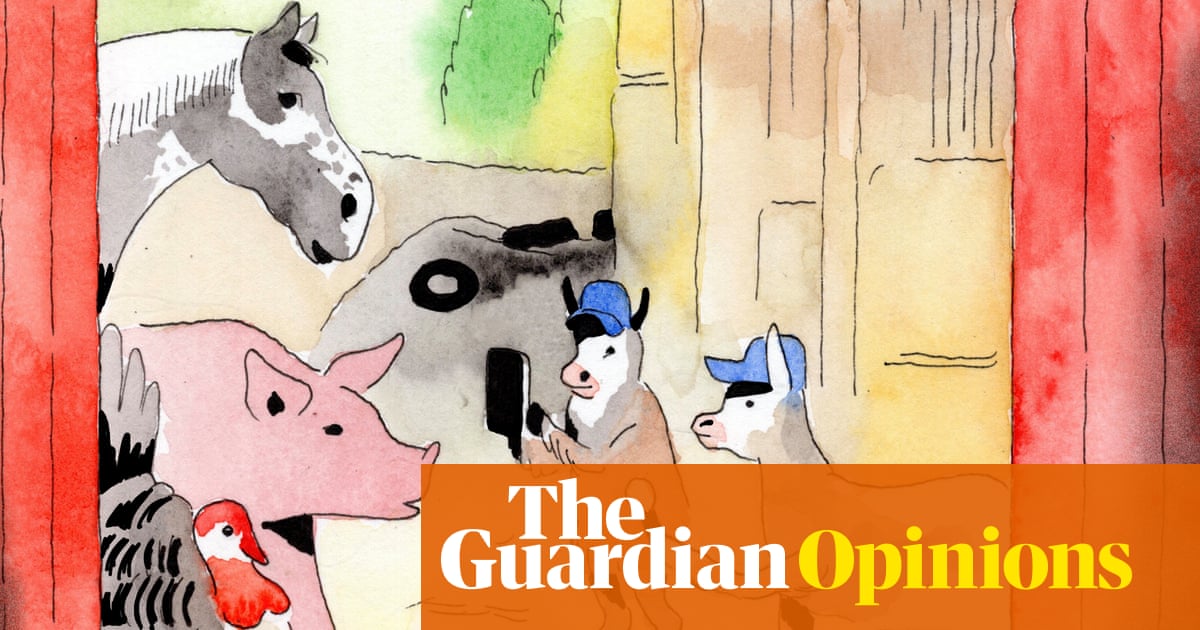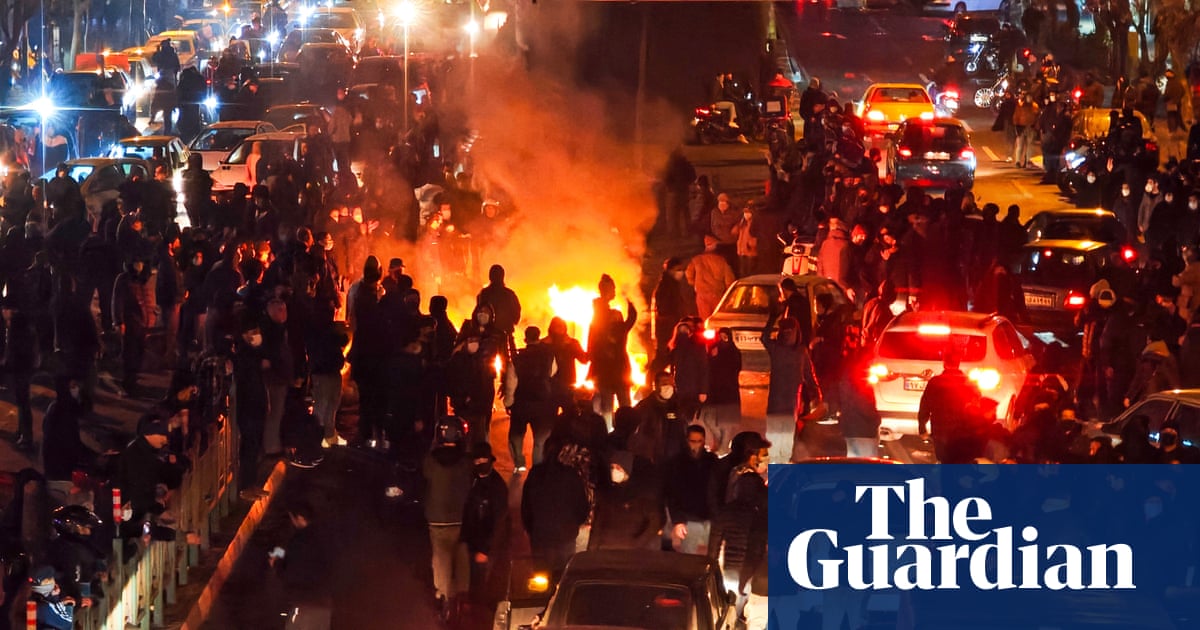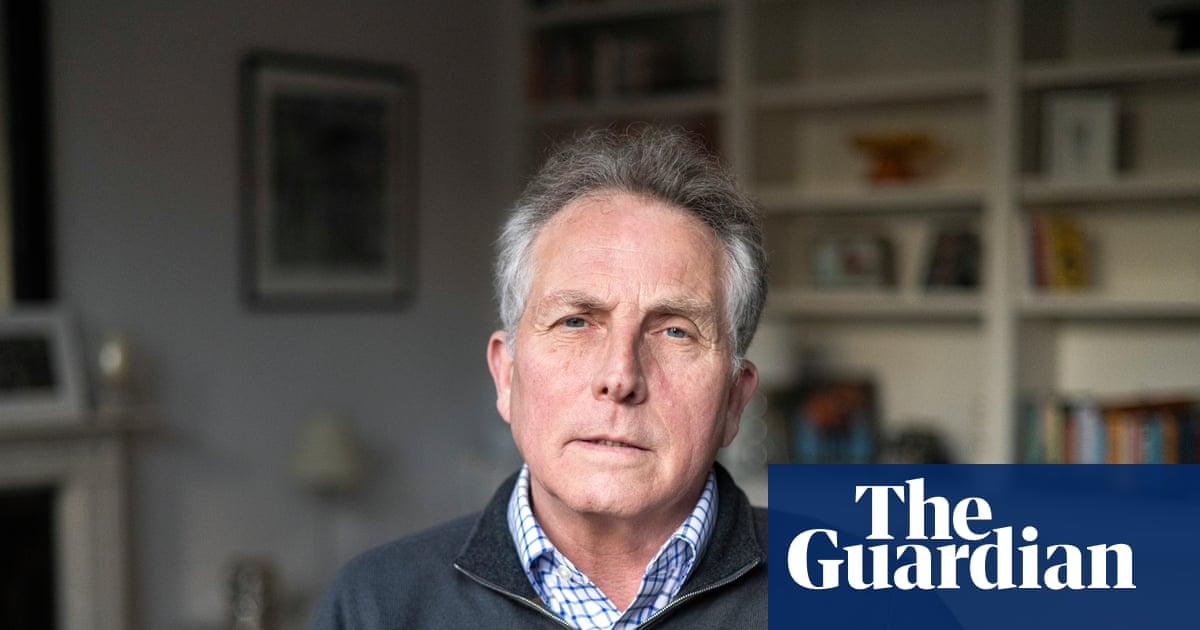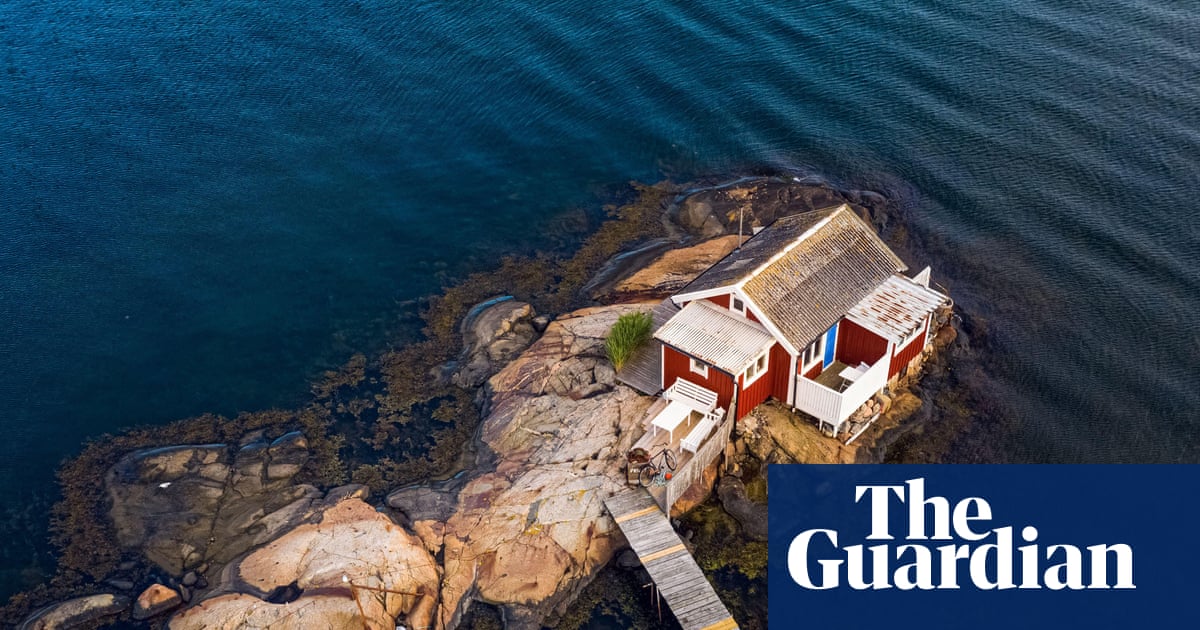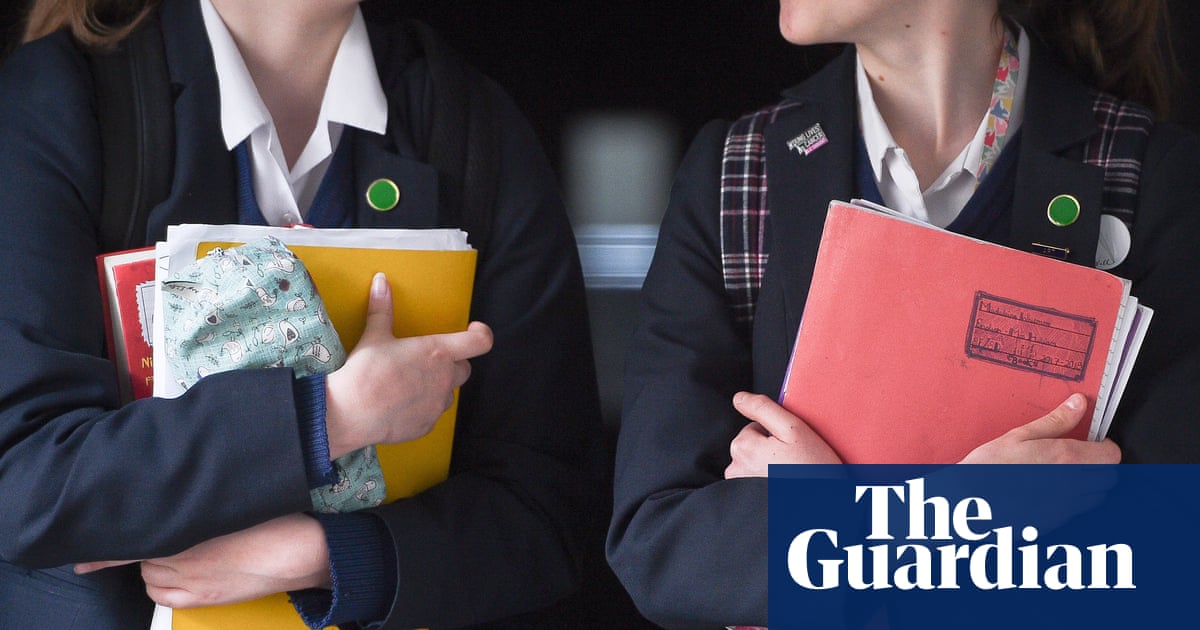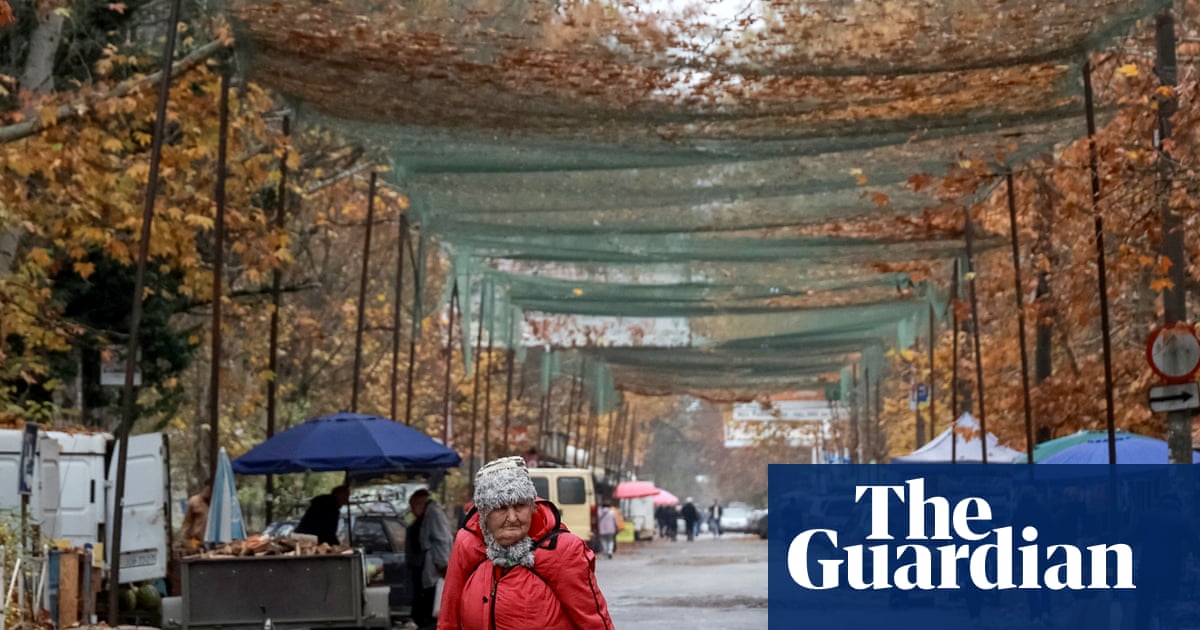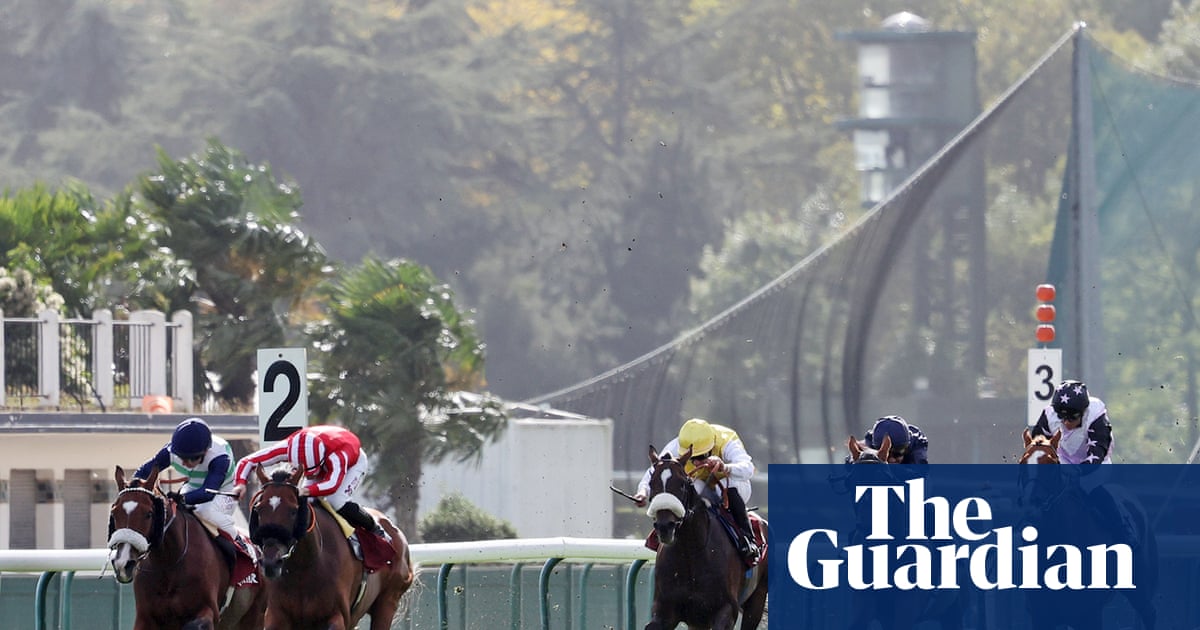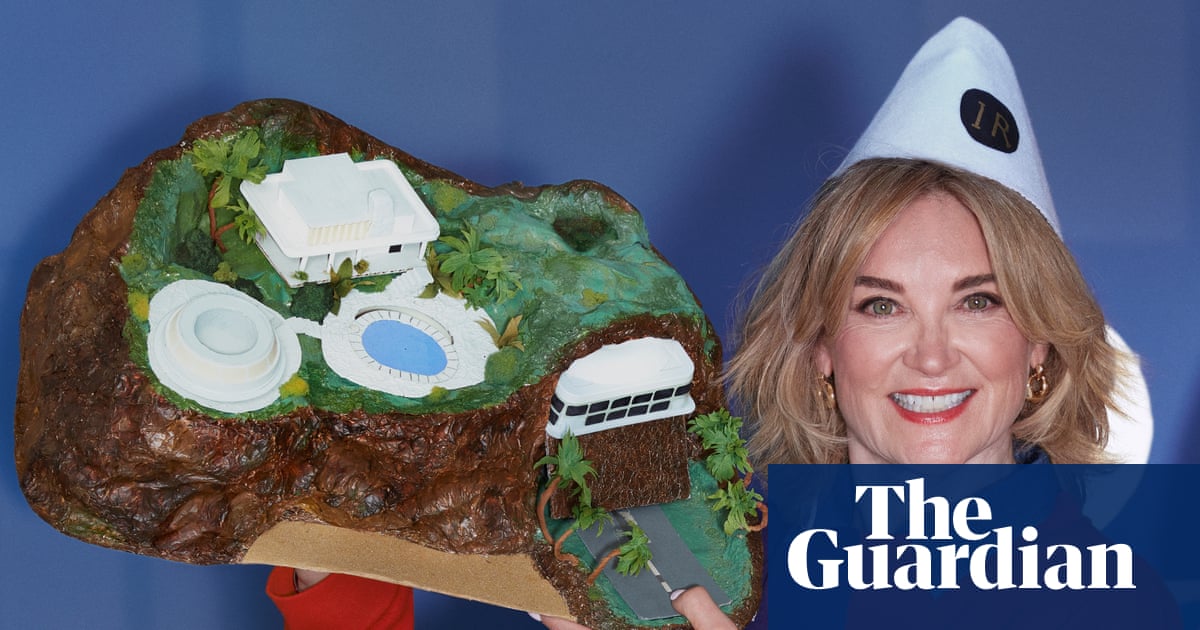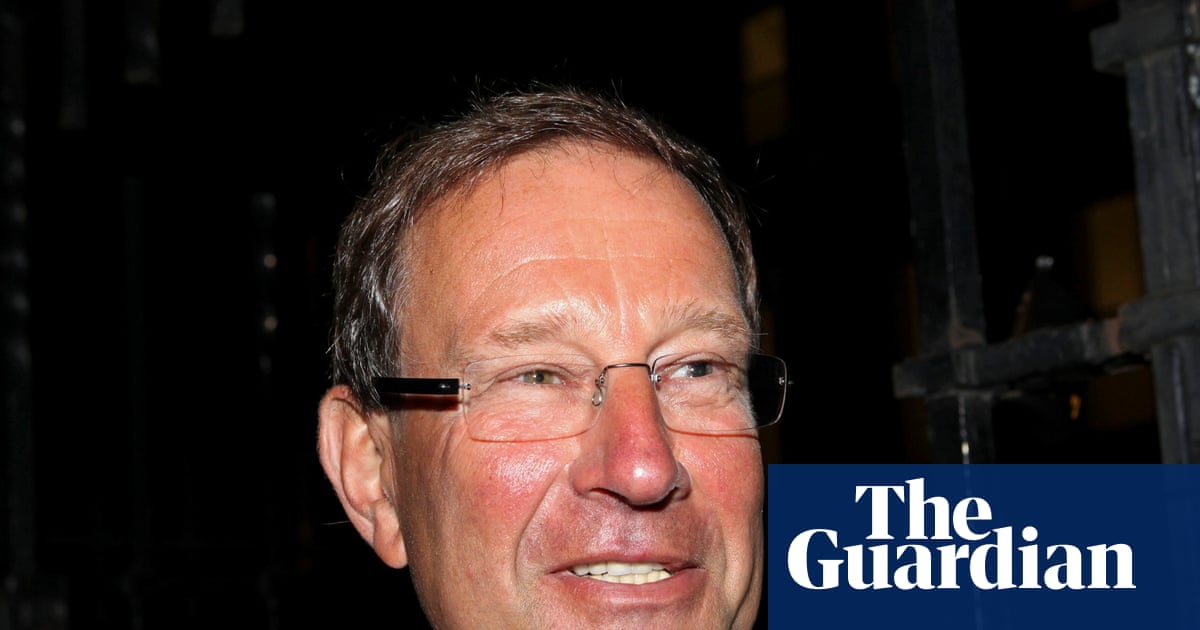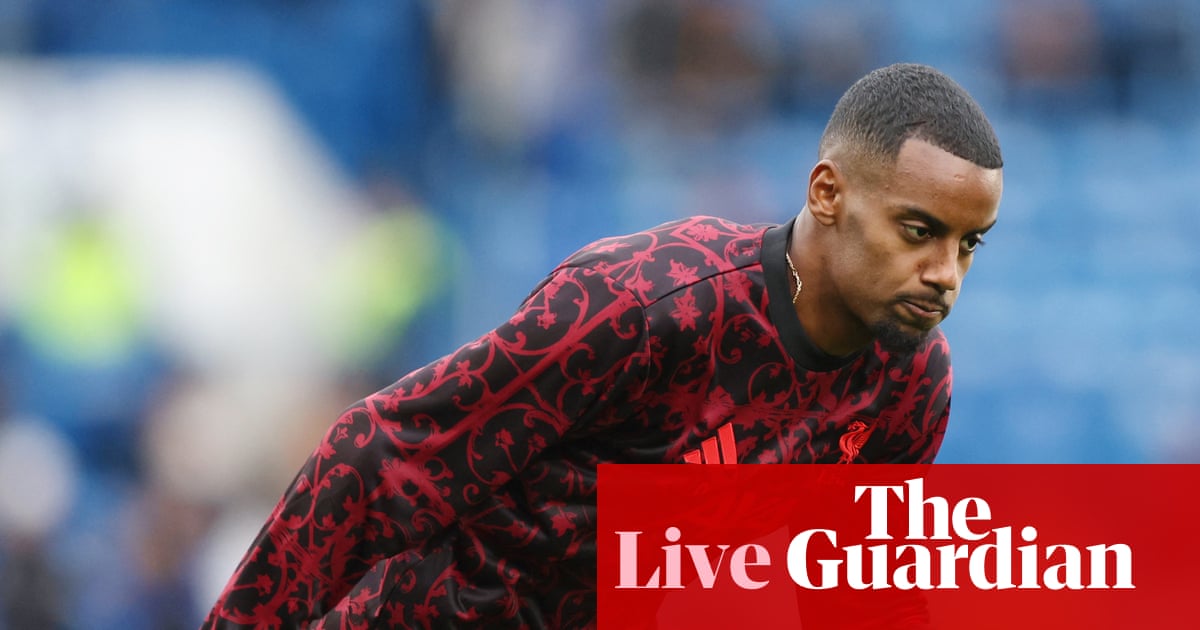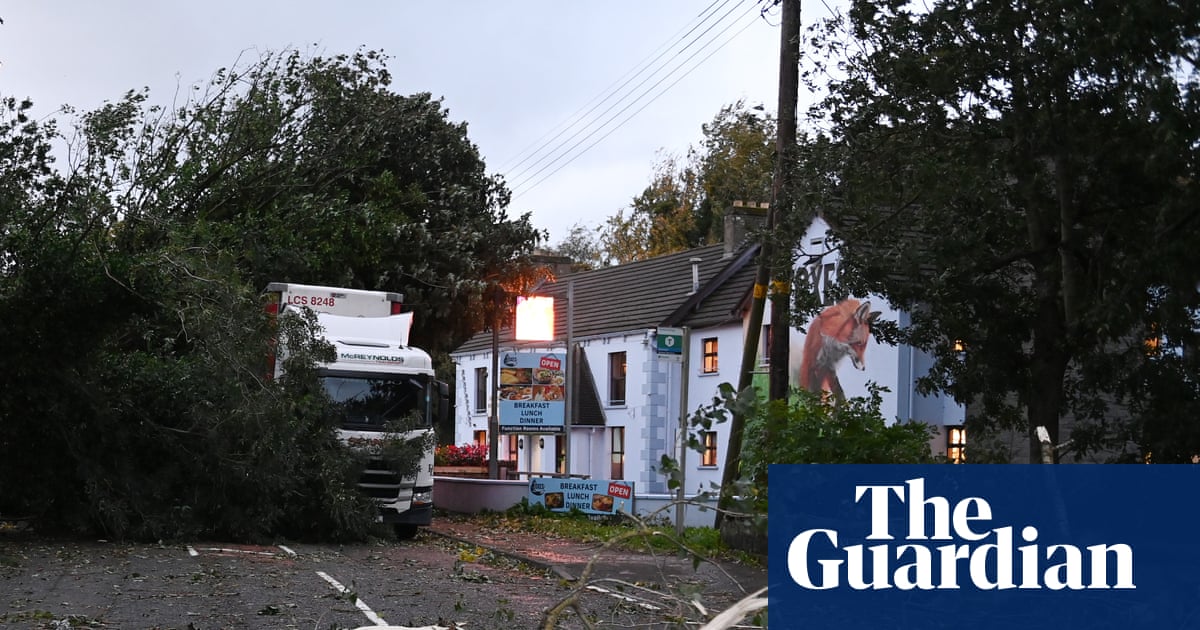Kosovo has become the first country to indicate it will accept Britain’s refused asylum seekers as part of government plans to set up “return hubs” in third countries.
Albin Kurti, the prime minister of Kosovo, said he “wants to help the UK” and confirmed discussions were taking place with officials from the UK, the Times reports. The plans would seek to send people whose asylum claims had been turned down to foreign detention centres once they had exhausted all avenues of appeal.
His comments come in advance of a summit of western Balkans leaders to be held on Wednesday in London by Keir Starmer.
Kurti said: “We want to help the UK. We consider that that is our friendly and political duty. We have limited capacity but still we want to help and as we speak there is regular communication between our teams of state officials from our ministry of internal affairs and lawyers about how to do this smoothly for mutual benefit.”
He said, in return, Kosovo would like “mainly to get support in security – be that through strategic agreements or through equipment and projects we might do”.
“Of course, we want, as a country, to benefit, but we consider it first and foremost our obligation to help you because you helped us a great deal and we will never forget that,” he added.
Kosovo remains a relative outlier compared to its Balkan neighbours. In June, Albania’s prime minister, Edi Rama, said the idea of the UK wanting to “look for places to dump immigrants” would have been inconceivable pre-Brexit.
“The fact that today it’s not just imaginable, it’s happening, is not because of Keir Starmer or [Rishi] Sunak doing something outrageous; it’s because of the country being in a very dark place,” said Rama.
He went on to say that “80% of the things that are said or are written or are accepted as a normal part of the discourse in today’s Britain are things that [before Brexit] would have been totally unacceptable, totally ridiculous, totally shameful”.
Željko Komšić, the chairman of the presidency of Bosnia and Herzegovina, told the Times that his country was not open to accepting people from the UK. Milojko Spajić, Montenegro’s prime minister, said his country was open to negotiating a return hub agreement but only on the condition that Britain invested significantly in its infrastructure.
In comments made to the Sun on Tuesday night, Starmer said Wednesday’s summit was part of an effort to shut down a “criminal highway leading through the western Balkans”.
He said we could be “bringing the region together in a joint migration taskforce” to “detect, deter and manage illegal migration”. As part of this, Starmer said the UK would be “deploying British drones and scanners at key checkpoints”.
“Working with partners in the western Balkans, we have already cut the number of irregular border crossings through the region by almost 50%. And we will go further – because we will only win this fight by working together with our neighbours.
“That is a lesson some are yet to learn. Instead of throwing insults around at countries like Albania, we have worked with them – succeeding in cutting small boat arrivals from Albania by 95% in a year. We’re taking that approach with other countries in the western Balkans, too,” he said.
The government announced plans for “return hubs” for people who have their asylum claims rejected in May. If established, the return hubs will be used to process asylum seekers who have lost their paperwork or who are considered to be trying to frustrate their deportation.
The plans have drawn scorn from refugee charities. When “return hubs” were first announced, Enver Solomon, the chief executive of the Refugee Council, said: “Threatening to detain people in countries they’ve never set foot in causes fear and panic, leading to low rates of compliance.
“The government’s approach to returns must be based on evidence if it’s going to work and it is clear that the most effective returns systems are not punitive but orderly and humane.”

 3 months ago
76
3 months ago
76

